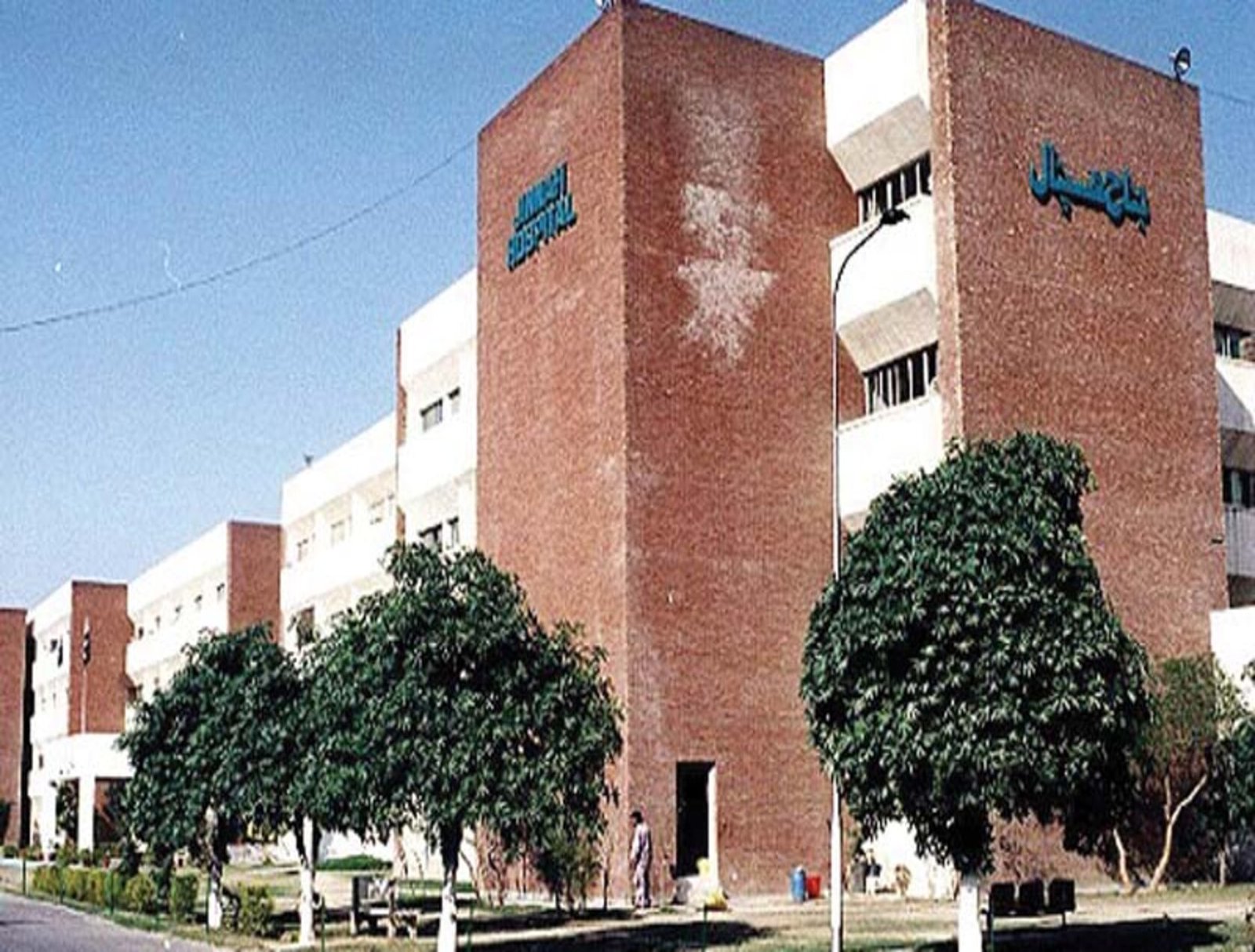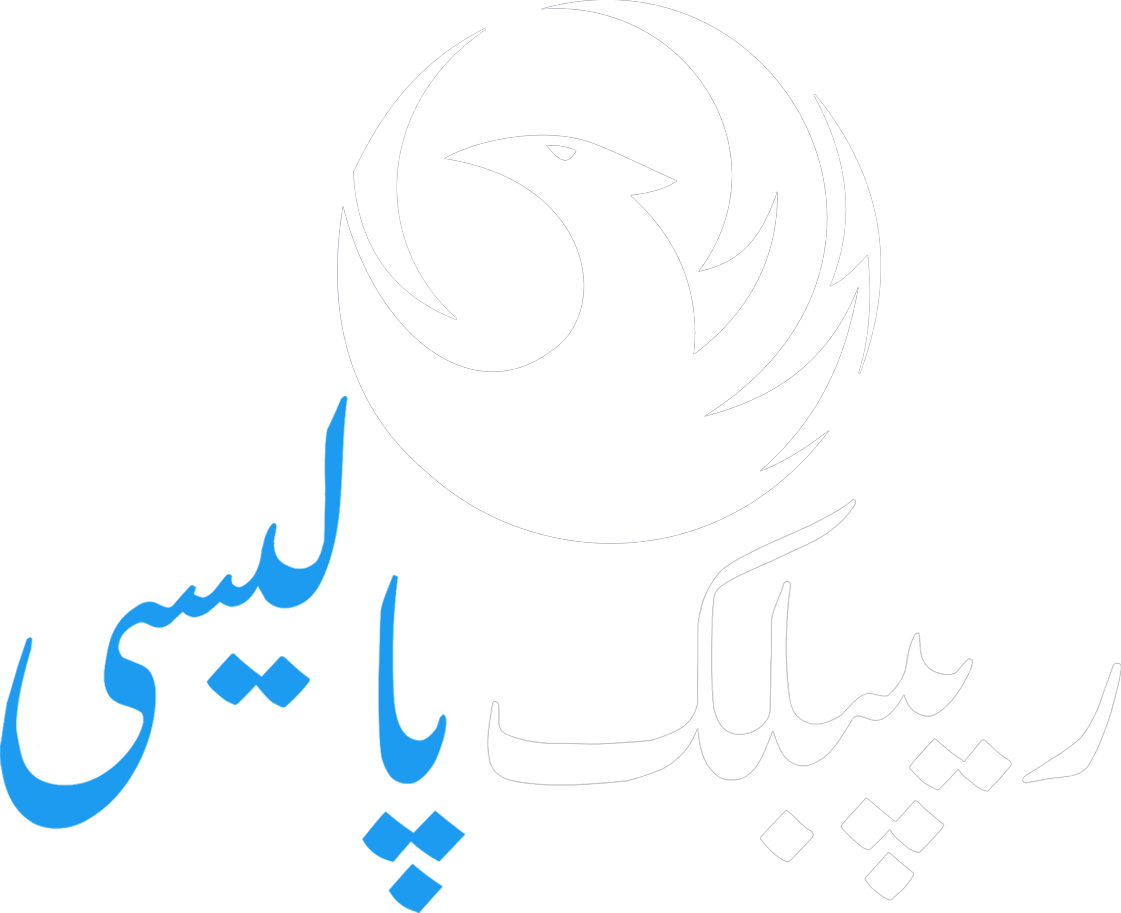Dr Bilawal Kamran
Healthcare is universally recognized as one of the most vital sectors for the well-being of a country’s population. Globally, this sector is undergoing significant transformation, driven by technological innovation and evolving medical practices aimed at enhancing health, wellness, and overall quality of life. As healthcare systems strive to meet the demands of growing populations, the integration of emerging technologies like Artificial Intelligence (AI) is set to redefine the healthcare landscape.
Historically, healthcare practices—especially in the realms of medical and surgical treatments—have relied primarily on the expertise and knowledge of healthcare professionals, as well as on physical infrastructure such as hospitals and equipment. However, as technology evolves, a new wave of advanced systems is transforming healthcare delivery. One of the most promising innovations in this transformation is AI, which is poised to play an essential role in diagnosing diseases, enhancing treatment accuracy, and streamlining healthcare services.
AI tools offer remarkable efficiency, speed, and accuracy in diagnosing diseases, surpassing the capabilities of human healthcare providers in several ways. These tools are already proving invaluable in identifying various medical conditions, especially complex diseases, often delivering results in minutes. For healthcare professionals, AI can provide insights that were previously impossible to obtain so quickly, especially when dealing with intricate cases.
Early diagnosis is crucial in improving patient outcomes, particularly for life-threatening conditions such as cancer. According to the World Health Organization’s International Agency for Research on Cancer, Pakistan reported 185,748 cancer cases in 2022, with 118,631 of these patients succumbing to the disease. Early detection can significantly improve survival rates, and AI-powered diagnostic tools can facilitate faster and more accurate identification of such conditions.
AI is capable of processing vast amounts of data in seconds, enabling the detection of patterns that are not readily visible to the human eye. This is particularly important in the context of diseases like cancer, where early intervention can lead to more effective treatments and improved chances of survival. With such advancements, AI is not just a tool but a potential life-saving asset, especially in countries like Pakistan where healthcare systems face multiple challenges.
Pakistan’s healthcare system is currently grappling with several issues, including an overwhelming shortage of doctors, an overburdened hospital infrastructure, and delayed diagnoses. The country has more than 300,000 registered doctors and 38,000 dentists, according to the Pakistan Medical and Dental Council, yet the doctor-to-patient ratio is 1:1300. This is significantly below the World Health Organization’s recommended ratio of 1:1100 for developing countries, and far from the ideal ratio of 2.5:1000. With a projected population growth nearing 300 million by 2035, the demand for healthcare services is expected to intensify, further exacerbating the existing gaps in healthcare provision.
The concentration of healthcare infrastructure is another major challenge. With around 13,000 public and private hospitals, most of them located in urban centers, a significant portion of Pakistan’s population—especially in rural areas—has limited access to adequate healthcare. This urban-centric distribution of healthcare services contributes to overcrowded hospitals and extended waiting times for treatment.
Pl watch video and subscribe to the YouTube channel of republicpolicy.com for quality content:
One of the most significant benefits of AI technology is its ability to bridge these gaps. AI could assist in performing basic and complex surgeries, particularly in smaller cities and districts where medical resources are scarce. With AI-powered robotic surgery, routine procedures such as eye surgeries, dental operations, and even heart surgeries could be performed with greater precision and efficiency, even in resource-limited settings. This could reduce the burden on urban hospitals, allowing them to focus on more complex cases.
Furthermore, AI could enhance healthcare delivery in remote regions where doctors are often reluctant to work. By using AI-assisted robotic technology, doctors in major cities could oversee and even perform surgeries remotely, ensuring that patients in remote areas receive timely, high-quality care. This level of healthcare access could be transformative, particularly in underserved regions.
Incorporating AI into Pakistan’s healthcare system could also yield significant economic benefits. Hospitals could reduce infrastructure spending, particularly on physical resources like buildings and beds, by relying on AI-powered systems that provide efficient and cost-effective healthcare solutions. Additionally, the integration of AI in healthcare would allow healthcare providers to manage their resources more effectively, optimizing the use of their workforce while alleviating the strain on existing infrastructure.
For the government and charitable organizations, investing in AI technology could be an essential step towards addressing Pakistan’s healthcare challenges. By allocating funds to support the development and integration of AI tools, the government could help reduce the overall burden on the healthcare system while simultaneously providing citizens with improved access to medical services. AI systems would also create opportunities for Pakistan’s healthcare sector to evolve, offering a more sustainable model for healthcare delivery in the future.
Despite the numerous advantages AI offers, it is crucial to clarify that AI is not designed to replace healthcare professionals. On the contrary, AI is meant to augment the capabilities of doctors and medical staff by providing them with tools that assist in diagnosis, treatment planning, and surgery. AI systems would always be used under the supervision of qualified medical professionals, with the goal of reducing their workload and allowing them more time for research and the treatment of complex cases.
In Pakistan, where doctors are often overburdened with patient loads, AI-assisted technologies could significantly improve healthcare delivery. By automating routine procedures and enhancing diagnostic accuracy, AI could enable healthcare professionals to focus on cases that require human intervention, thereby improving both efficiency and patient outcomes. This would foster a collaborative relationship between AI and healthcare providers, rather than a competitive one, ultimately benefiting the healthcare system and its patients.
The integration of AI into Pakistan’s healthcare sector is already underway, with promising developments. Public sector hospitals and charitable healthcare providers have started experimenting with AI-based systems, with encouraging results. AI-assisted robotic surgeries have shown numerous advantages over traditional open surgeries, including smaller incisions, less pain, shorter recovery times, and faster hospital discharge. These advancements could revolutionize the way healthcare is delivered, particularly in a country like Pakistan, where medical professionals and hospitals are often overburdened.
Pakistani IT companies are also actively involved in developing AI solutions tailored to address the country’s unique healthcare challenges. This localized approach to AI technology development ensures that the solutions are specifically designed to meet the needs of Pakistan’s healthcare system, which can significantly improve their effectiveness.
To fully harness the potential of AI in healthcare, a strategic, well-thought-out approach is required. The government, healthcare providers, and technology developers need to collaborate to create a robust policy framework for integrating AI into healthcare systems. This framework should outline clear guidelines for the deployment of AI tools and applications, ensuring that they are used safely and effectively.
AI has the potential to revolutionize healthcare in Pakistan, saving lives, reducing burdens on medical professionals, and providing equitable access to healthcare across urban and rural areas. However, this transformation requires a comprehensive policy approach, continued investment in technology, and a collaborative effort among stakeholders to create a healthcare ecosystem that embraces the benefits of AI for the betterment of the nation’s health. By doing so, Pakistan can take a significant step towards achieving a more efficient, accessible, and sustainable healthcare system for its citizens.

















